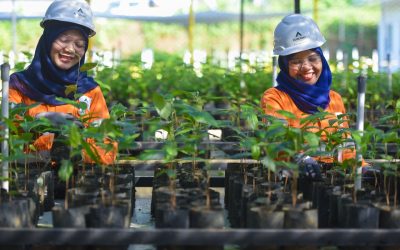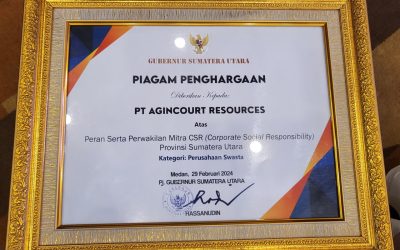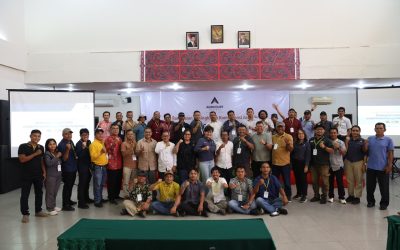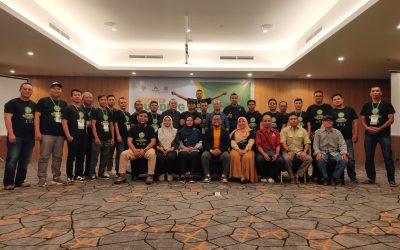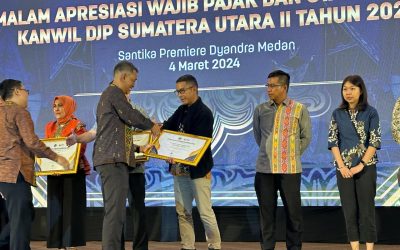Each year on April 21, we celebrate Kartini Day at Martabe Gold Mine. Kartini Day is a national day in Indonesian that was first officially celebrated in 1964, established by the first Indonesian president Sukarno to commemorate the life of Raden Ajeng Kartini (fondly referred to as Ibu Kartini or Mother Kartini) and celebrate the strides she made toward the women emancipation in Indonesia.
Kartini was born in 1879. She was born in the era during which Indonesian women had very limited rights. Only a few were able to get a good education, and all were expected to marry. Girls of reputable families were required to endure a period of isolation upon turning twelve years old and were forbidden from leaving the home until they were wed. Polygamy was the norm during this time and most marriages were pre-arranged.
Kartini’s thoughts, works, and struggles in breaking down inequality, oppression of women’s rights. Make Kartini become a symbol of women’s power in Indonesia.
Read Also: Kartini’s Celebration Supports the Gender Diversity of Martabe Gold Mine
PT Agincourt Resources (PTAR), as Martabe Gold Mine operator, has revived Kartini’s spirit by implementing a gender diversity program at the Martabe Gold Mine since 2016. Supported by many studies that have proven a strong relationship between the success of a company with the diversity in it, PTAR believes that gender diversity increases the diversity of ideas for company development. Likewise problem-solving abilities and opportunities for innovation coupled with an increase in the quality of employees. All of these will make the Martabe Gold Mine even more successful.
Currently PTAR female employees make up more than 25% of the total employees, from the lowest level up to the managerial positions. PTAR builds a culture and work environment that promotes dignity and respect, a workplace free from discrimination, intimidation, bullying or harassment. In addition, PTAR also provides training and awareness programs for the workforce to increase understanding of issues of diversity and gender equality.
Not only that, PTAR also opens space for women who live in directly affected areas (DAV) to become empowered women. This can be seen from PTAR’s support in creating a number of women-based business empowerment programs, such as the development of the Sahata Commissary minimarket business, the development of a rhizome root plant cultivation business with two Women Farmer Groups, the batik business development program and its derivative products with KUB Batik Tapsel and KUB Bator Craft, and capacity building and sewing skills programs for women in Batuhula Village and Hutaraja Sub-District.


